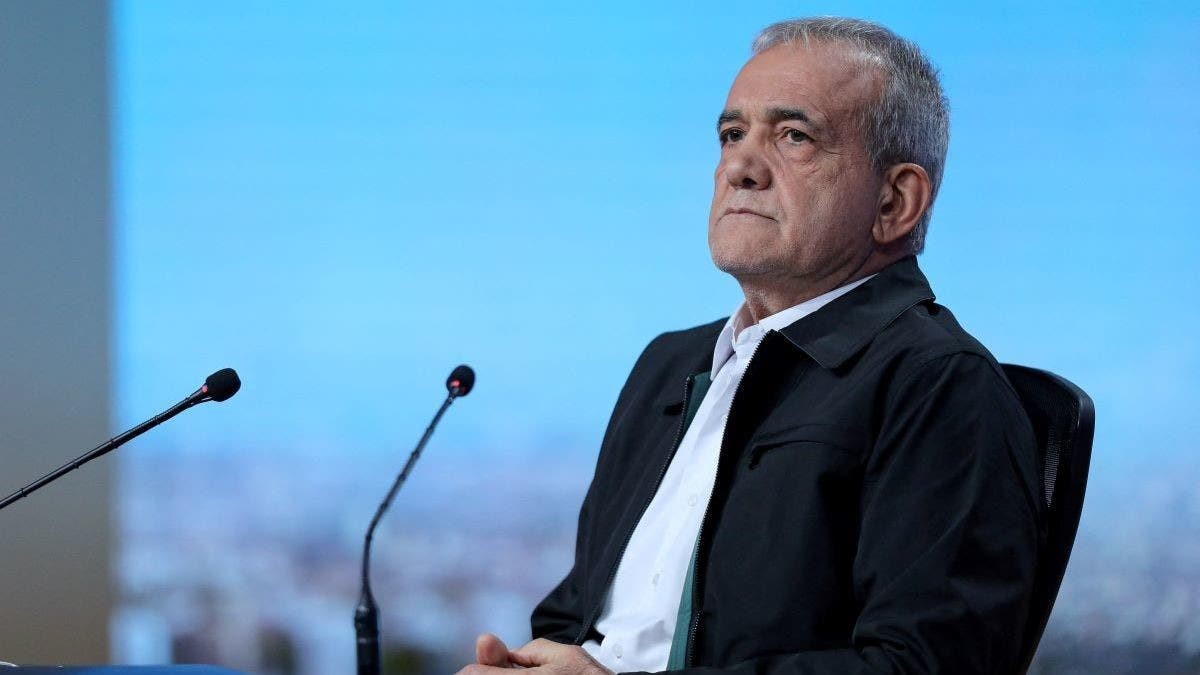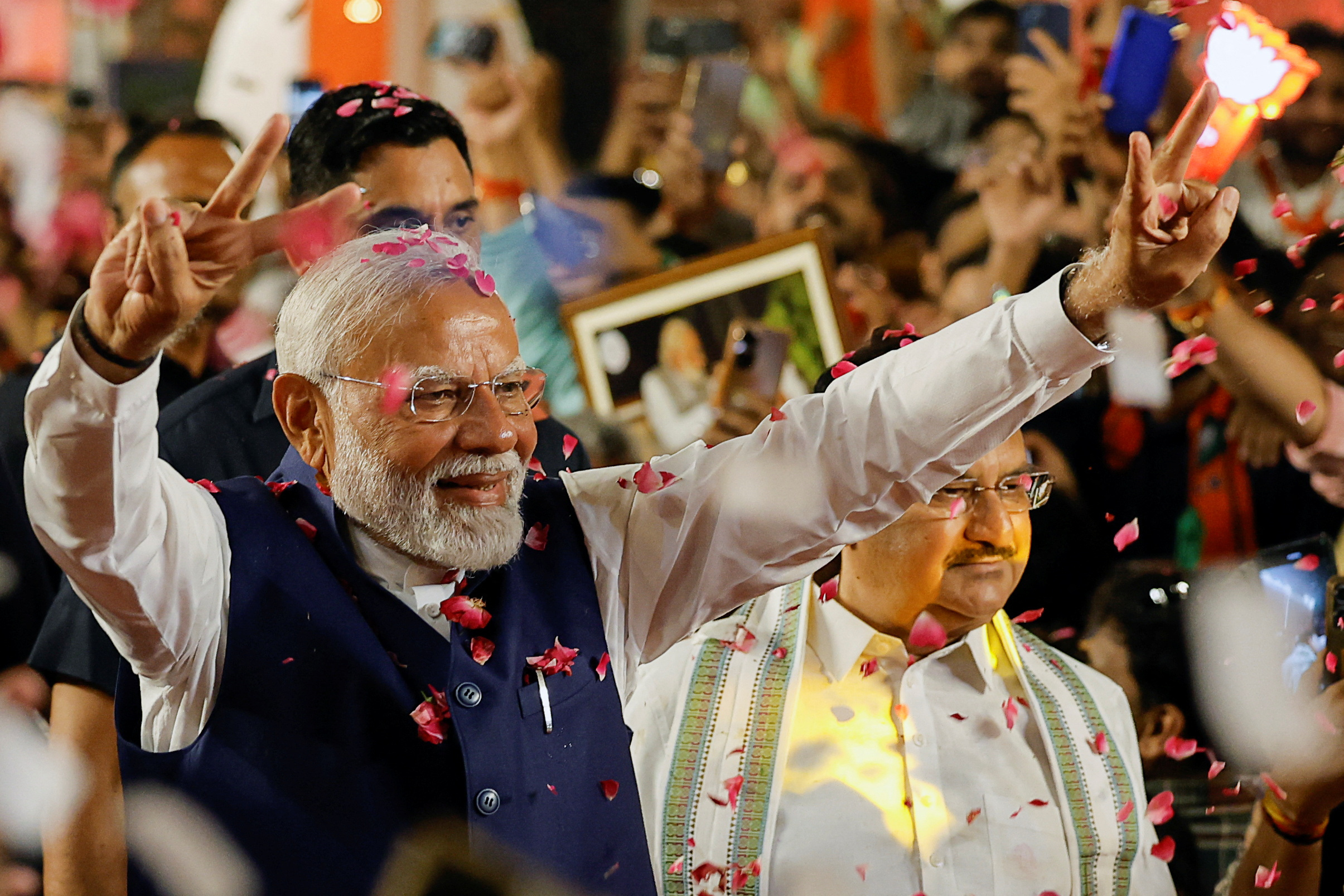Djibouti is a country located in the Horn of Africa and operates as a semi-presidential republic. Here is some information about the election system in Djibouti:
- Presidential Elections: The President of Djibouti is the head of state and is elected through a direct popular vote. Presidential elections are held every six years. To win in the first round, a candidate must secure an absolute majority (50%+1) of the votes. If no candidate achieves this majority, a second round is held between the top two candidates.
- National Assembly Elections: The National Assembly of Djibouti is the country’s legislative body. It has 65 seats, with members known as deputies. Deputies are elected through a single-round plurality voting system, where the candidate with the highest number of votes in each constituency wins the seat.
- Electoral Process: The Independent National Electoral Commission (CENI) of Djibouti is responsible for organizing and overseeing elections in the country. It ensures the transparency and fairness of the electoral process, including voter registration, candidate nomination, and the counting of votes. However, there have been concerns raised about the lack of opposition representation and the limited political space in Djibouti.
- Voter Eligibility: Djiboutian citizens who are at least 18 years old have the right to vote. Voter registration is required, and citizens must be included in the electoral roll to participate in elections. Eligible voters can cast their ballots at designated polling stations within their respective constituencies.
Djibouti has been dominated by the same political party, the People’s Rally for Progress (Rassemblement Populaire pour le Progrès, RPP), for many years, which has led to limited political competition and opposition representation. The electoral system and political environment have faced criticism for not providing a level playing field for all candidates and parties.



